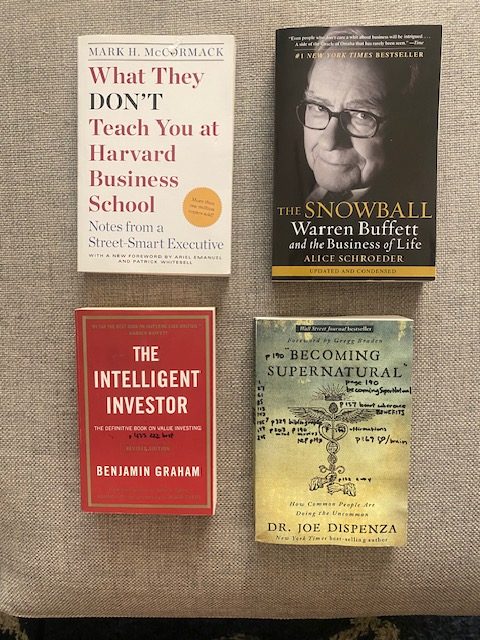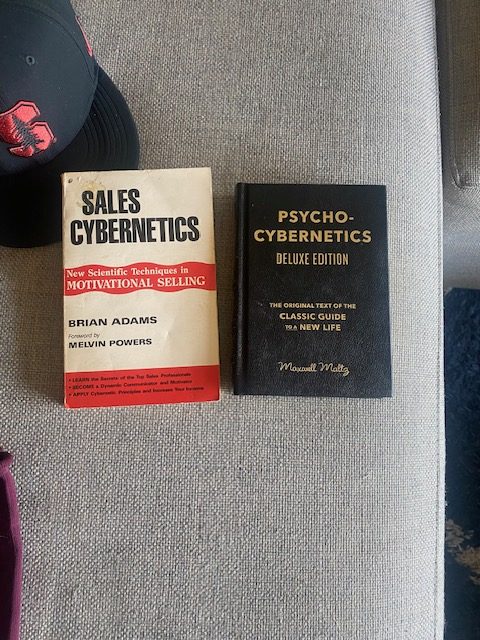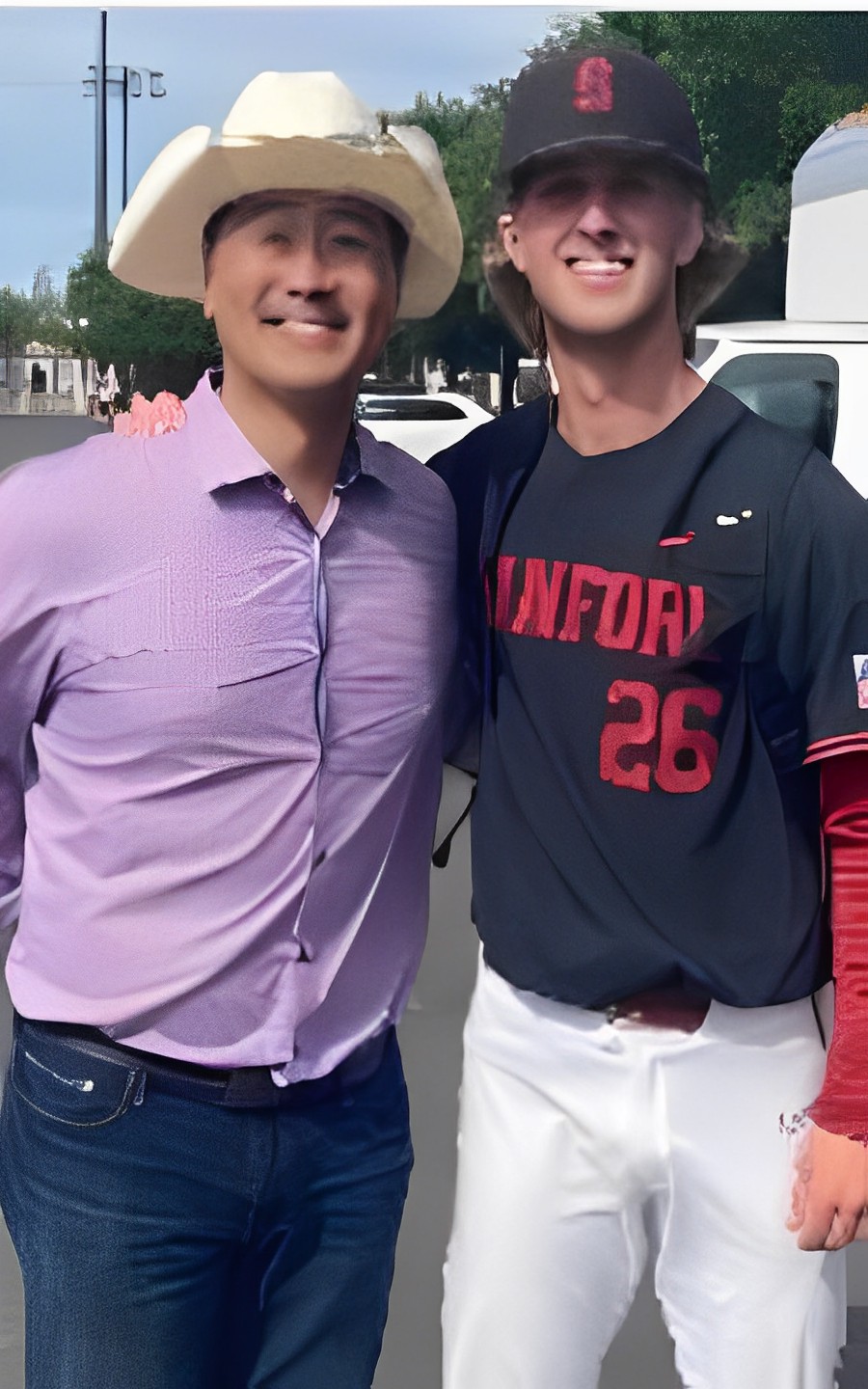

If Larry Chiang were a polymath, he’d likely amplify his existing blend of entrepreneurial, academic, and social pursuits into a broader, more interdisciplinary mastery.
Based on his documented activities—CEO of Duck9, Stanford lecturer, and tech influencer—he already dips into multiple domains. A polymathic Larry Chiang would expand this further, excelling in diverse fields like technology, finance, psychology, and perhaps even creative arts or sciences, while connecting them in innovative ways.
For context, polymaths like Benjamin Franklin or modern figures like Elon Musk combine deep expertise across disciplines to solve complex problems. Chiang, with his focus on credit education (Duck9), venture capital (G51 Fund), and tech entrepreneurship (Stanford ENGR 145), could:
1. **Tech and Finance Fusion**:
Develop AI-driven financial models that predict credit risks for students, merging his Duck9 mission with cutting-edge machine learning. He might author seminal works on fintech, blending economics, data science, and behavioral psychology.
2. **Education and Social Impact**:
Expand his Stanford role to revolutionize how entrepreneurship is taught, integrating insights from sociology, game theory, and cognitive science to create immersive learning experiences. His “What They Don’t Teach You” mantra could evolve into a global platform for practical, cross-disciplinary education.
3. **Creative Ventures**:
As a polymath, he might explore storytelling or media, producing documentaries or novels that distill his experiences crashing Silicon Valley events or mentoring startups. His quirky social media presence (e.g., training his dog for negotiations) suggests a flair for performance art or satire.
4. **Scientific Curiosity**:
He could dive into fields like network theory or behavioral economics, researching how social capital influences startup success, publishing papers that bridge academia and industry.
His LinkedIn and Crunchbase profiles hint at a knack for unconventional networking (e.g., leveraging a single VC connection, Roelof Botha, or turning Stanford’s Entrepreneurship Week into a month-long event). A polymathic Chiang would scale this ability, becoming a nexus for interdisciplinary collaboration, perhaps hosting global summits where coders, artists, and economists co-create solutions.
However, polymathy requires relentless curiosity and discipline. Chiang’s controversial Stanford tenure (e.g., clashes with administrators) suggests he’d need to balance iconoclasm with focus to avoid spreading himself too thin. If he could, he might redefine what it means to be a modern polymath—less a lone genius, more a catalyst for collective innovation.
No direct evidence confirms Chiang as a polymath today, but his diverse roles lay a foundation. If he pursued mastery across fields with intentional depth, he could embody the polymathic ideal, leaving a legacy of interconnected ideas and impact.[](www.linkedin.com/in/larry-chiang-52724540/)[](www.crunchbase.com/person/larry-chiang)




 Duck9 is a credit score prep program that is like a Kaplan or Princeton Review test preparation service. We don't teach beating the SAT, but we do get you to a higher credit FICO score using secret methods that have gotten us on TV, Congress and newspaper articles. Say hi or check out some of our free resources before you pay for a thing. You can also text the CEO:
Duck9 is a credit score prep program that is like a Kaplan or Princeton Review test preparation service. We don't teach beating the SAT, but we do get you to a higher credit FICO score using secret methods that have gotten us on TV, Congress and newspaper articles. Say hi or check out some of our free resources before you pay for a thing. You can also text the CEO:







